 Three kids. Two cats. One dog. Zero time to fret about myself and my job, let alone the state of our home.
Three kids. Two cats. One dog. Zero time to fret about myself and my job, let alone the state of our home.
But fret, I must, if I want a calm, clutter-free home.
My husband and I have three daughters, evenly-aged at twelve, ten, and eight, and a few years ago we found a chore schedule that transformed our household chaos and empowered our kids to make valuable contributions to our home.
I believe that while parents should expect their kids to help around the house, the skills that children gain by performing regular housekeeping tasks are crucial for character development.
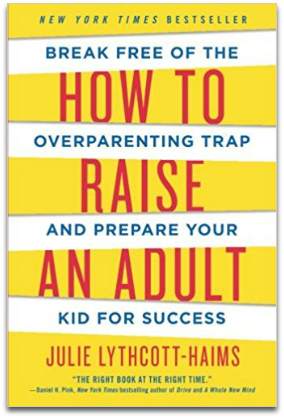 Chores help kids become responsible adults. Julie Lythcott-Haims, a former Stanford University dean and author of the recent bestselling book titled How to Raise an Adult: Break Free of the Overparenting Trap and Prepare Your Kid for Success, says in her TED Talk that kids (and parents) should be less obsessed with things like school grades and test scores and more focused on things like love and chores.
Chores help kids become responsible adults. Julie Lythcott-Haims, a former Stanford University dean and author of the recent bestselling book titled How to Raise an Adult: Break Free of the Overparenting Trap and Prepare Your Kid for Success, says in her TED Talk that kids (and parents) should be less obsessed with things like school grades and test scores and more focused on things like love and chores.
“Did I just say chores?” Lythcott-Haims asks her TED audience, and indeed she did because the Harvard Grant Study, one of the longest longitudinal studies ever conducted, found that kids whose parents asked them to perform household duties were more likely to find professional success later in life.
And the earlier they start, the better, Lythcott-Haims argues. Kids need to feel like they are an integral part of the home. Giving them regular, age-appropriate tasks will instill in children a sense of community and shared purpose, a deeper understanding of responsibility, and the “grit” to accomplish a task that might seem daunting.
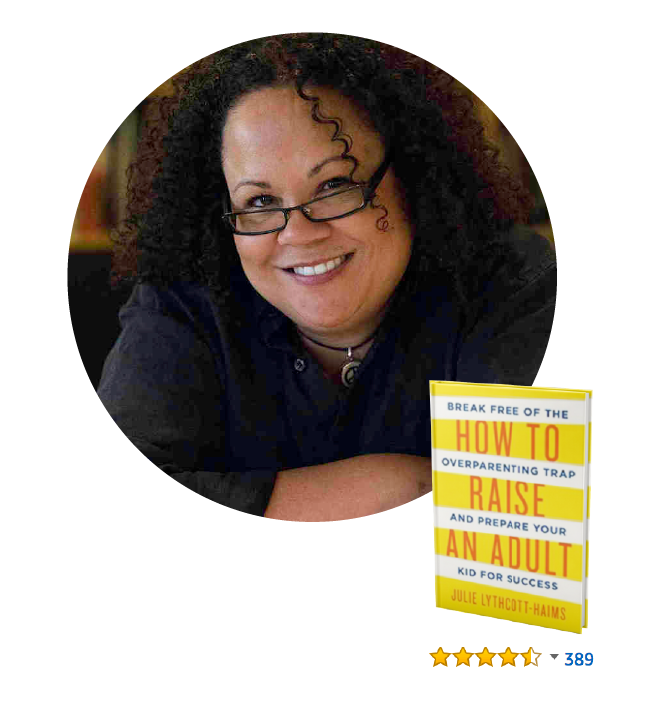 Curious to know more about how chores can really help our children develop grit and perseverance? We partnered with Julie Lythcott-Haims, Dean of Freshman and Undergraduate Advising at Stanford University, mom and best-selling author, to create the Fostering Independence Masterclass for you.
Curious to know more about how chores can really help our children develop grit and perseverance? We partnered with Julie Lythcott-Haims, Dean of Freshman and Undergraduate Advising at Stanford University, mom and best-selling author, to create the Fostering Independence Masterclass for you.
This packed masterclass is one of the 100+ masterclasses you get when you join the AFineParent Academy. Click here to learn more.
Our family had switched chore strategies faster than our clothes, mostly because one approach was fine for our older daughters but too complicated for our youngest, or another method was too “childish” for our big kids but just right for the littlest.
Before our family found this successful strategy, we had tried magnets-and-fridge chore charts, stickers-and-happy-faces on paper, and plain, old shouting out to anyone within earshot, “Can someone take out the stinky trash, please?!”
Sometimes, our charts were so complicated that even my husband and I couldn’t make heads or tails out of which kid had performed what job. It became so frustrating that I often resorted to doing every chore myself, and most parents know that when one family member is trying to hold everything together, things fall apart.
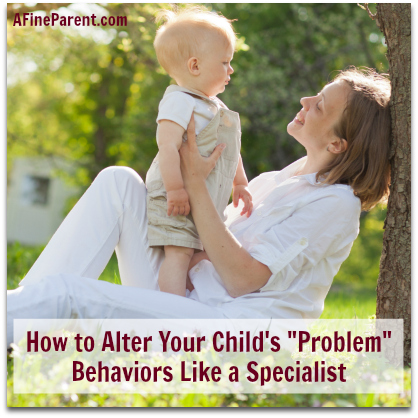 I walk into daycare at the end of the day.
I walk into daycare at the end of the day.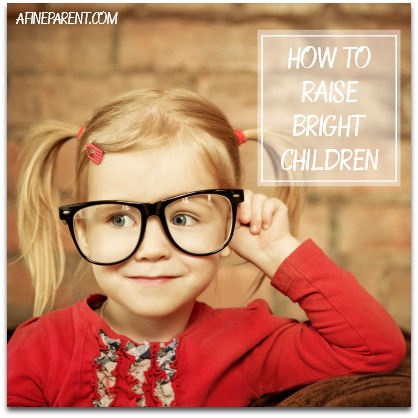 Watching a child learn and grow is truly a pleasure. Each day, parents are delighted as their child discovers new experiences, develops new skills, and comes to understand more about the world around her.
Watching a child learn and grow is truly a pleasure. Each day, parents are delighted as their child discovers new experiences, develops new skills, and comes to understand more about the world around her. You were hoping to get through this simple errand without any misbehavior from your strong-willed child, but—as usual—here you are again, in a public situation with a child who isn’t quite meeting your expectations for public behavior.
You were hoping to get through this simple errand without any misbehavior from your strong-willed child, but—as usual—here you are again, in a public situation with a child who isn’t quite meeting your expectations for public behavior.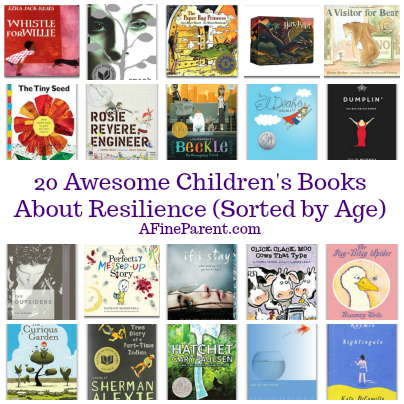 When my daughter stepped off the bus, I could immediately tell by the pout of her lips and the little wrinkle between her eyebrows that something was wrong.
When my daughter stepped off the bus, I could immediately tell by the pout of her lips and the little wrinkle between her eyebrows that something was wrong.